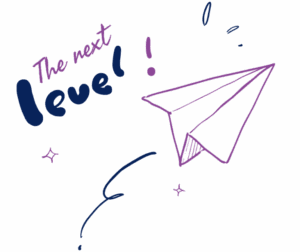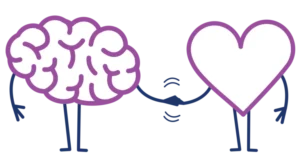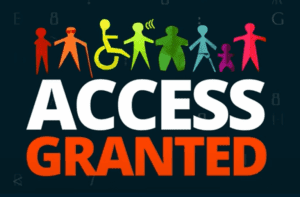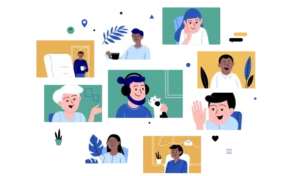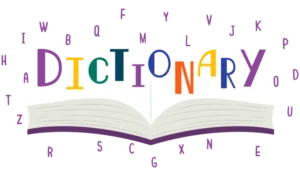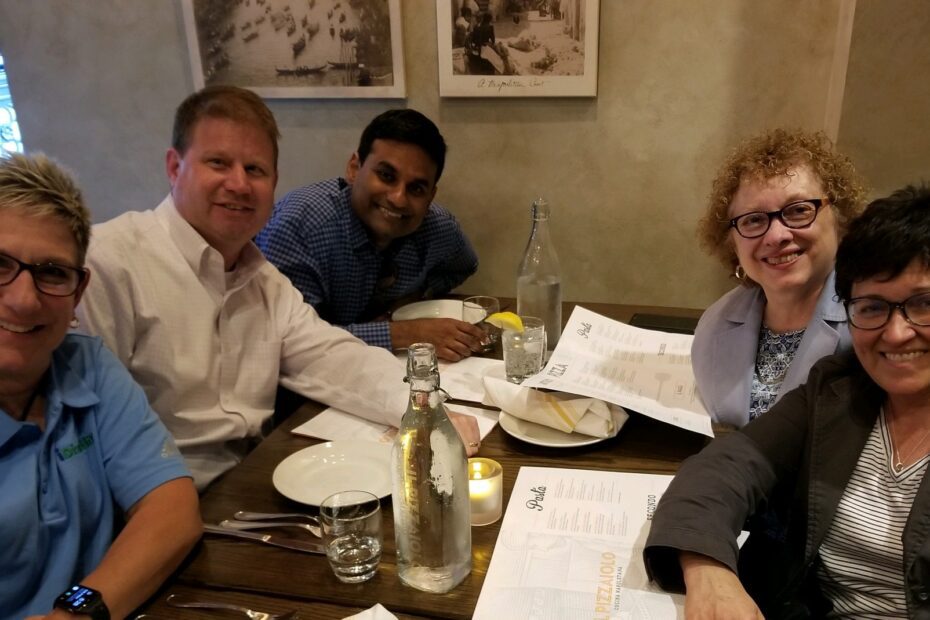By John Samuel
In 2014, I was completing my MBA from The George Washington University, and was looking for a job. During my job search, I was referred to Bender Consulting, because they had a well-established record of successfully helping people with disabilities find careers in the Federal Government and private sector. I was reluctant at first to contact them, because I did not consider myself as a person with a disability, despite being legally blind. However, as graduate school was winding down, and I still had not received a job offer, I decided to reach out to Bender.
A couple weeks later, I was walking around the streets of Georgetown when I received a voicemail from a representative of Bender. The person leaving the message had a speech disorder, but once I heard this I stopped listening to the message. In my mind, that was a person with a disability, and that was not me.
As life would have it, three years later I joined LCI, which is one of the largest employers of Americans who are blind. LCI has a strong relationship with Bender Consulting. So strong in fact, they actually completed the feasibility test for the new business line that I was hired to start up. Over the past couple of years, I had the pleasure of getting to know Joyce Bender, the founder and namesake of the firm, and Mary Brougher, who is the EVP of Operations and Joyce’s right-hand person. Both of them have huge hearts, and are equally as fun, but I never told them about my earlier interaction with their organization.
On July 29, DuWayne Gilbertson, my boss, and I visited the Bender office in Pittsburgh for the first time. During our travels, I decided to share the story of my initial interaction with Bender Consulting with him, even though I was embarrassed to do so. It felt good to finally get this off my chest. However, that feeling of relief was short lived, and ended the moment I walked in to the Bender office.
The warm welcome started even before we walked through the glass doors, when DuWayne was able to see our names posted in the entrance of the Bender office. When we walked in, we were welcomed by a warm hello by Lee Hassinger, an Associate Research Assistant who has been with the organization for 22 years. We were then quickly whisked in to the conference room, to have lunch and to kick off our meeting.
There were several of us at the table, so Joyce thought it would be good for us to introduce ourselves to everyone, since DuWayne and I had not met many other folks at Bender. DuWayne kicked off the introductions, but as he was speaking, I was not listening to him. All I could hear was the voice of Lee, the person who had welcomed us to the office, repeating in my head – I knew this voice… it was the same voice that was on my voicemail, five years earlier.
As I was awaiting my turn to introduce myself, I was overwhelmed with emotions. I was embarrassed, and ashamed. I felt so small, sitting at this conference table which was flocked with amazing people who all had disabilities. Therefore, when it came to my turn to speak, I made the decision to share my story about my initial interaction with Bender Consulting. I could not hold back my tears. I do not really remember much about what I said, but what I do remember is the love that I felt when Joyce wrapped her arms around me.
Five years earlier, I had limited to no interaction with people with disabilities, despite being legally blind myself. However, as I reflect on the reasoning for my aversion to being considered part of the disability community, I blame it on a lack of empathy. Today, I have the great honor to work and interact with so many people with disabilities and it has been liberating for me. Not only have I been able to understand my own feelings about my vision loss better, but I also have a deeper understanding of how others facing challenges and barriers in their lives feel. This new sense of empathy is a result of me being around and engaging with a diverse group of people that I never had before.
In my role at LCI Tech, I have the pleasure of engaging with diversity and inclusion leaders from a variety of organizations, who are working towards building a workforce that represents the communities that they operate in. However, it is often a heavy lift for me to get these same leaders to understand the need for accessibility. This lack of empathy for people with disabilities is not because they are bad people, but rather a lack of exposure to people with disabilities. I’ve taken this on as a personal mission, and I am committed to helping increase the exposure to people with disabilities, either through the work we are doing in accessibility or by the training service we will be launching soon, to help give people with disabilities the skills that they need to gain employment. Either way, we will build empathy by bringing people closer together!
One way that I try to close the empathy gap is attending diversity and inclusion events, where I can engage with leaders, as either an attendee or a speaker. Fortunately enough, I get to do both next week. On August 7, I will be speaking at the 2019 D&I Conference: Reimagine Diversity – Driving Cultural Intelligence, and on August 9, I will be attending the Diversity, Equity & Inclusivity Conference 2019.

